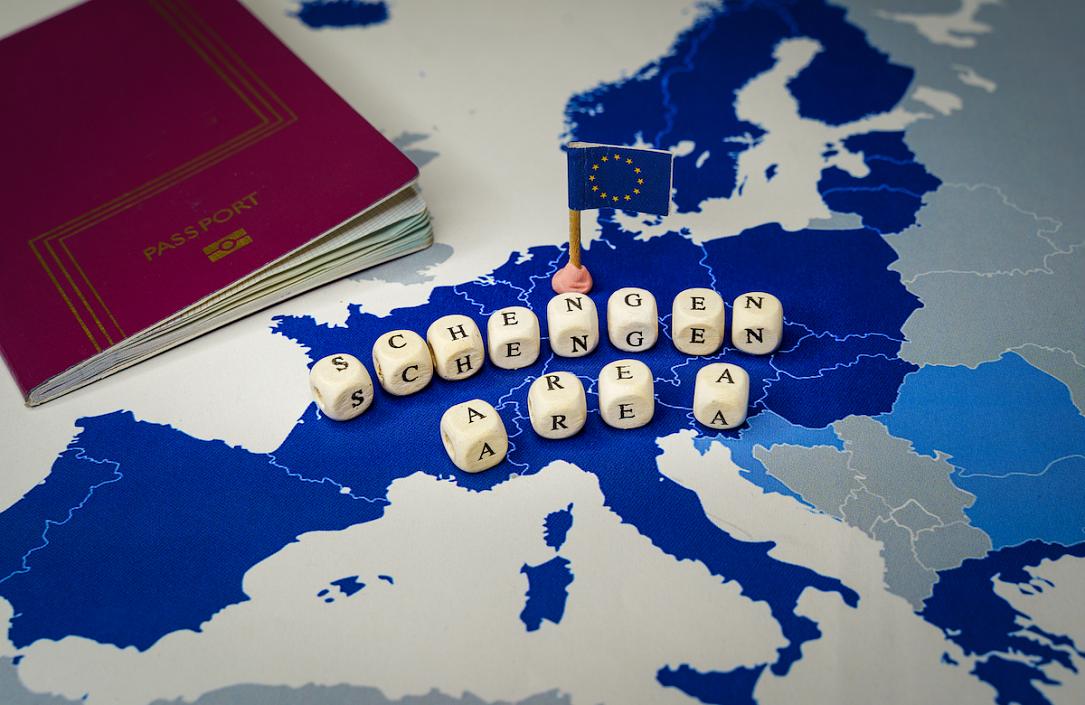EP debates usher hopes of Romania being welcomed into Schengen



A recent debate in the European Parliament (EP) proved that a clear majority of MEPs back Romania and Bulgaria’s membership in the Schengen area and that a similar opinion is now dominant in the European Council. Romania could be made part of Schengen by the end of the year, the government says.
Several prominent EU officials backed Romania’s membership to the Schengen area during the EP debates. Manfred Weber, leader of the center-right EPP, said that Romania, along with Bulgaria, belongs in Schengen, especially now that the EU is facing new challenges at its borders.
S&D president Iratxe Garcia Perez echoed Weber, arguing that Romanians and Bulgarians have been discriminated against for too long – and with inexcusable financial costs.
Sophie in’t Veld, a Dutch MEP part of the liberal Renew group, said that she was ashamed of her government’s stance on the issue and publicly asked PM Mark Rutte to back the two countries’ accession to Schengen.
One of the most forceful statements during the debates in the EP came from Romanian MEP Rares Bogdan. “Two countries that Romanians treat with respect have been systematically humiliating them for 11 years, blocking [Romania’s] accession to the Schengen area, even though their companies have huge operations in Romania,” he said, cited by Digi24. “Do not push Romanian voters into the arms of populists and Eurosceptics,” he added.
Bogdan was later criticized for seemingly threatening EU member states with blocking trade, specifically grain shipments, at Romania’s border.
Even the conservative ECR group, outside of the EP majority made up of the largest centrist groups (EPP, S&D, Renew), backed Romania and Bulgaria’s membership to the Schengen area.
Mikulas Bek, Czech minister for EU affairs, said that the Czech presidency of the European Council aims to make concrete progress in welcoming Romania and Bulgaria into Schengen. The Council has so far been the main roadblock to Romania’s accession to the area. Meanwhile, a clear majority of MEPs have long backed the two countries’ accession, with only the ID group being opposed.
There were, however, voices opposing Romania’s membership in the Schengen area. Guido Reil, a German MEP part of the Eurosceptic ID group, said that Romania and Bulgaria should not have been welcomed into the EU to begin with due to their poor infrastructure, according to Euractiv.
Gunnar Beck, another German MEP part of the ID group, claimed that Commission President Ursula von der Leyen “wants to create safer routes for migrants and that it is for this reason Germany and France now agree to the accession of Romania, Bulgaria, and Croatia, three corrupt states that have not made any progress [in that area] in recent years.”
Romanian MEPs Dan Nica (PSD) and Vlad Botos (Renew) protested against the statements made by Beck and Reil. “We cannot accept that Romanians endure this humiliation, this situation must stop, Romanians are among the most pro-European peoples,” said Nica.
Reil is backed by the German far-right AfD party, whose members make up the bulk of the ID group in the European Parliament, together with the far-right Italian Lega and Marine le Pen’s National Rally. With only 65 members, the ID group is relatively small.
Romania’s former minister of external affairs Cristian Diaconescu, analyzing the results of the EP debate, told Digi24 that Romania will most likely be welcomed into Schengen by January 1, 2023. He argued that the war in Ukraine, and Romanians’ clear eagerness to aid the Ukrainians fleeing it, got Romania a well-earned measure of sympathy from other EU states.
Lucian Bode, Romanian interior minister, said that Romania would become part of Schengen after a vote in the Justice and Home Affairs Council on December 8.
(Photo source: Tanaonte/Dreamstime.com)